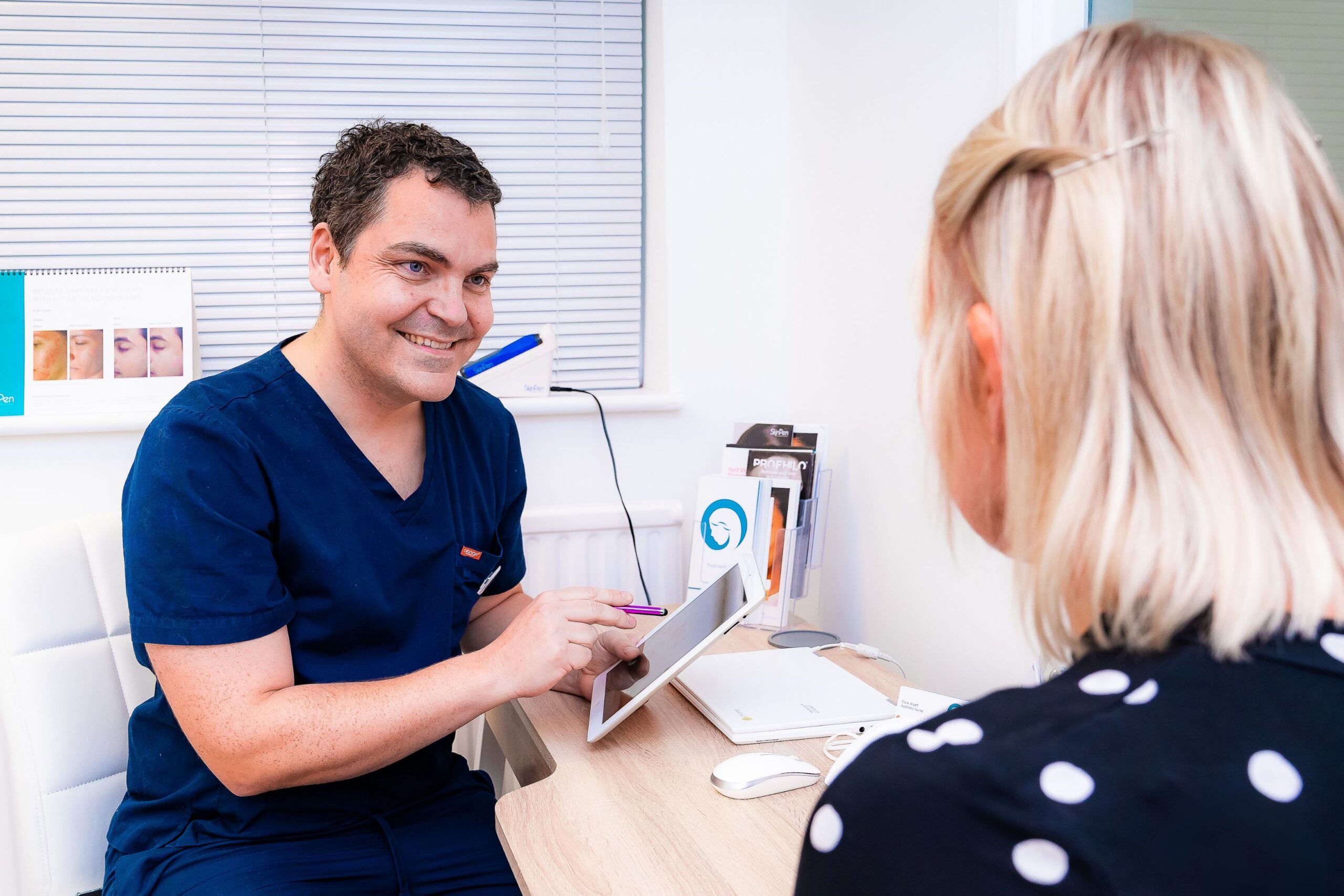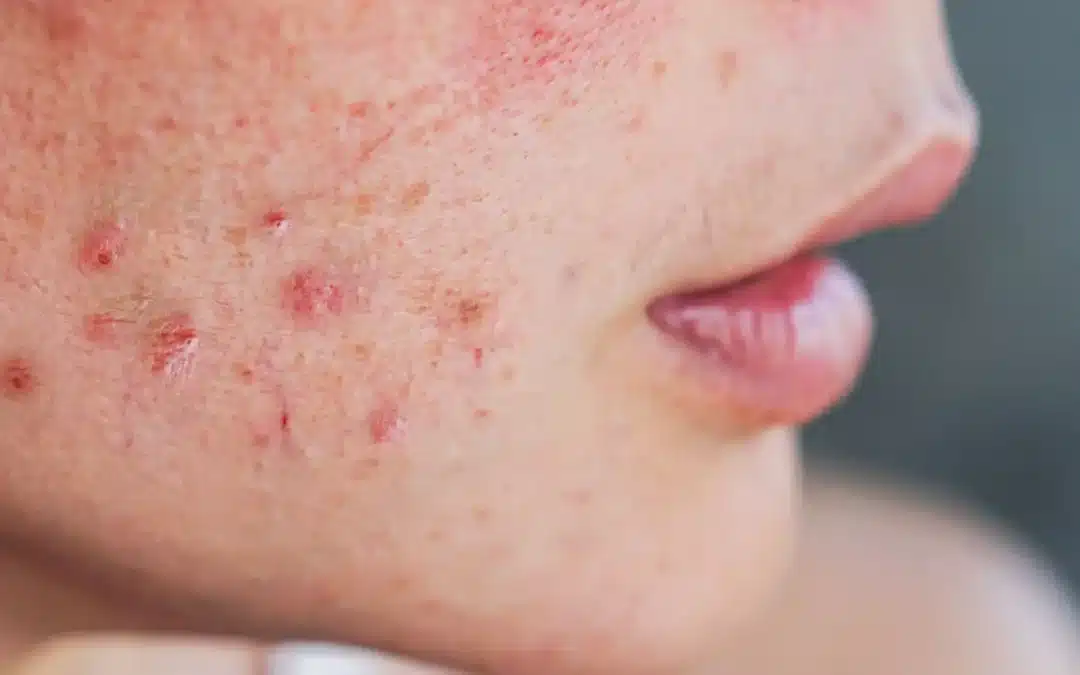Jump To Section
Acne is more than just an occasional breakout—it’s a complex skin condition that can affect individuals at various stages of life. Whether you’re a teenager or an adult, acne can have a significant impact on your physical and emotional well-being. In this blog, we’ll dive into the causes of acne, provide actionable advice on how to prevent it, and explain how Freyja Medical can help with everything from skincare consultations to advanced dermatology treatments.
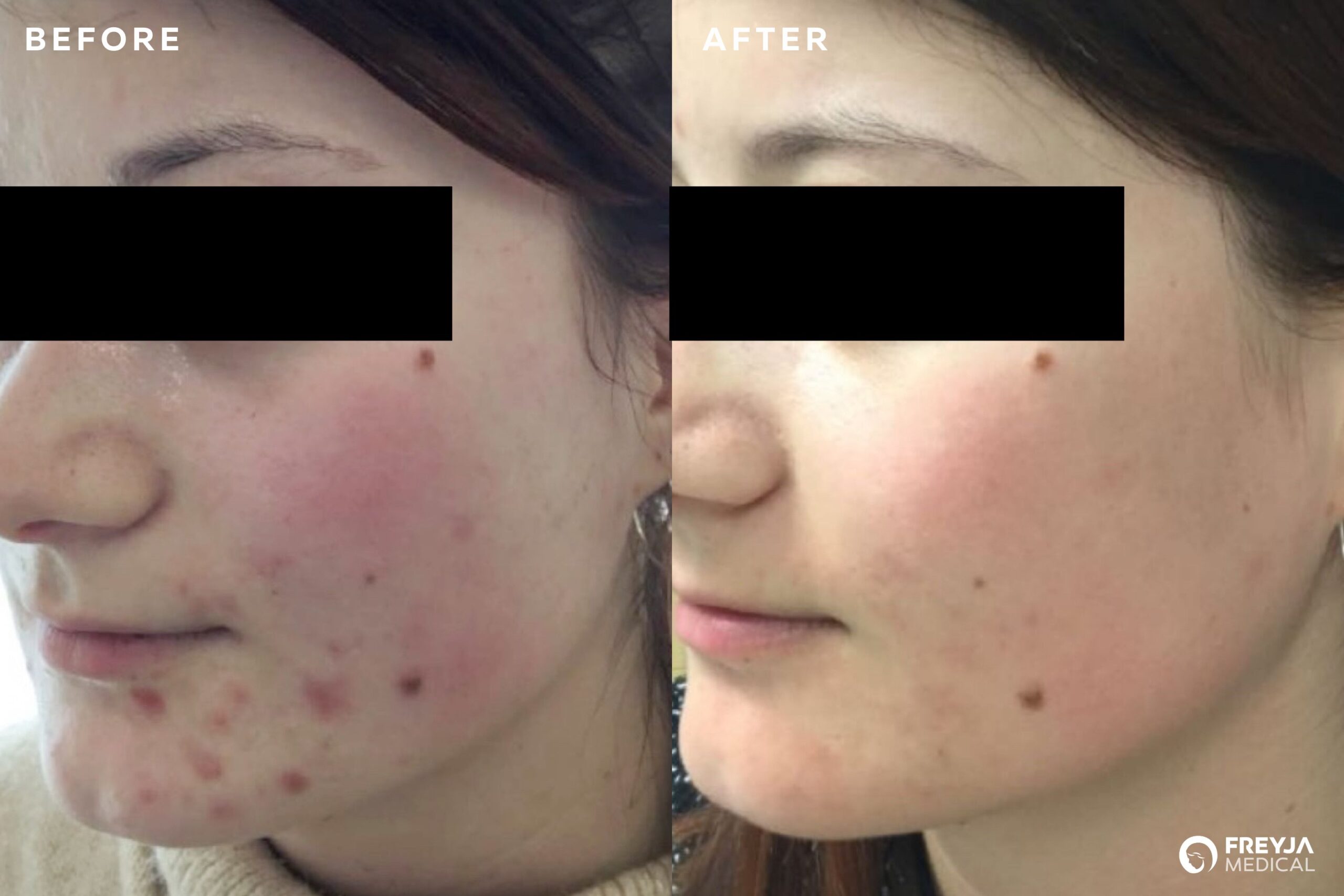
What Causes Acne?
Acne occurs when hair follicles become clogged with oil, dead skin cells, and sometimes bacteria. While this can happen at any age, it’s most commonly seen during puberty due to hormonal changes. Here are the primary causes of acne, each playing a vital role in its development.
Hormonal Imbalance
One of the most common triggers of acne is hormonal fluctuations, which influence oil production in the skin. During puberty, androgens (male hormones) increase in both males and females, stimulating the sebaceous (oil) glands. This leads to an overproduction of oil that can clog pores, resulting in pimples and blackheads.
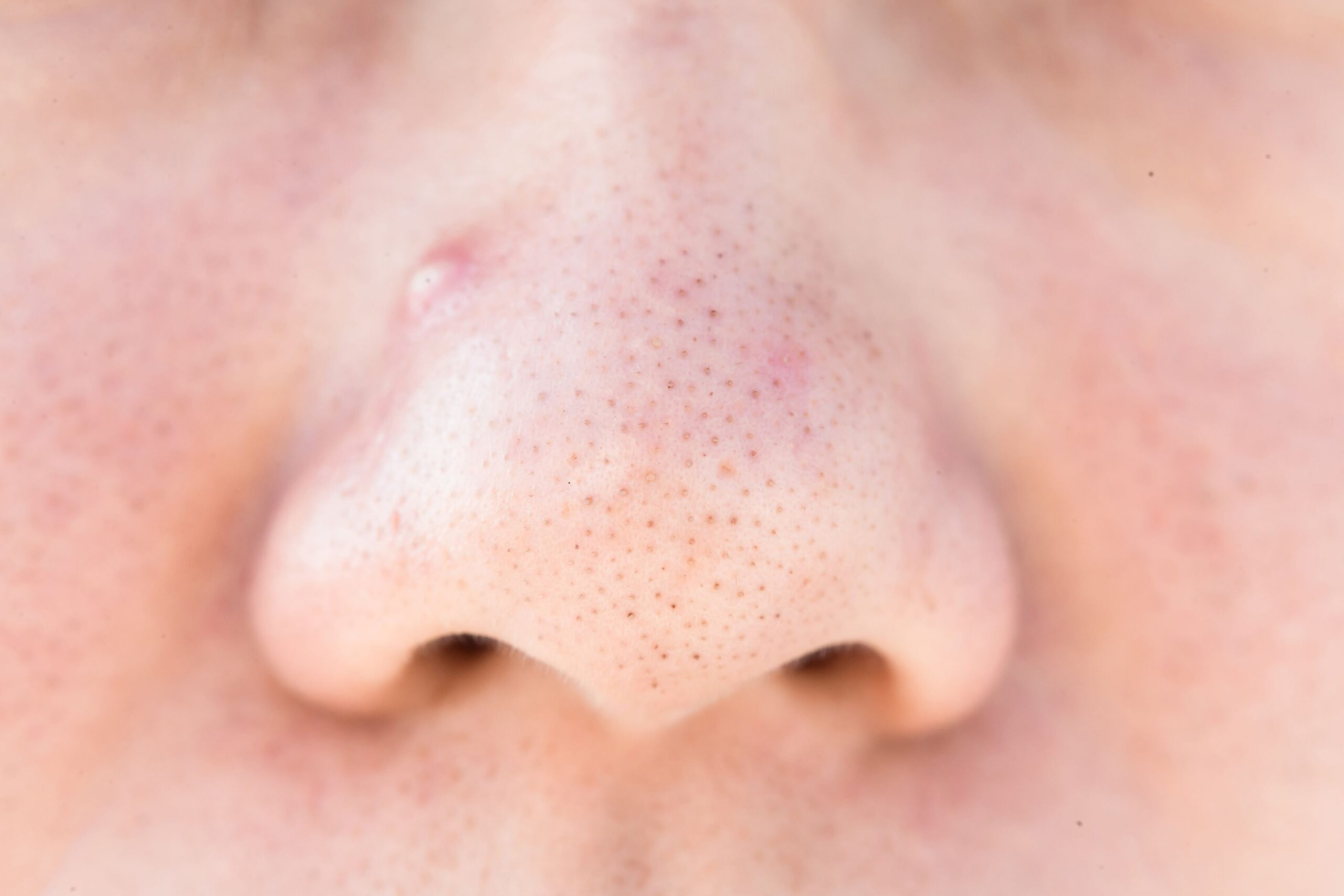
Other hormonal changes during menstruation, pregnancy, and stress can also affect the skin. For example, women may notice acne flare-ups during their menstrual cycle due to the increase in progesterone, which stimulates the sebaceous glands.
Key Point: Hormonal imbalances lead to an overproduction of sebum, the skin’s natural oil, which can clog pores and trigger breakouts.
Click here to learn more about hormonal acne.

Genetics
Your genetic makeup plays a significant role in how your skin responds to changes in hormones. If your parents had acne, you’re more likely to experience it as well. Genetics can determine the size of your sebaceous glands, the rate of skin cell turnover, and how sensitive your skin is to hormonal changes.
Key Point: f acne runs in your family, you may be genetically predisposed to developing it. Acne doesn’t just affect teenagers – adult acne is extremely common too. Click here to learn more about adult acne in our dedicated blog.
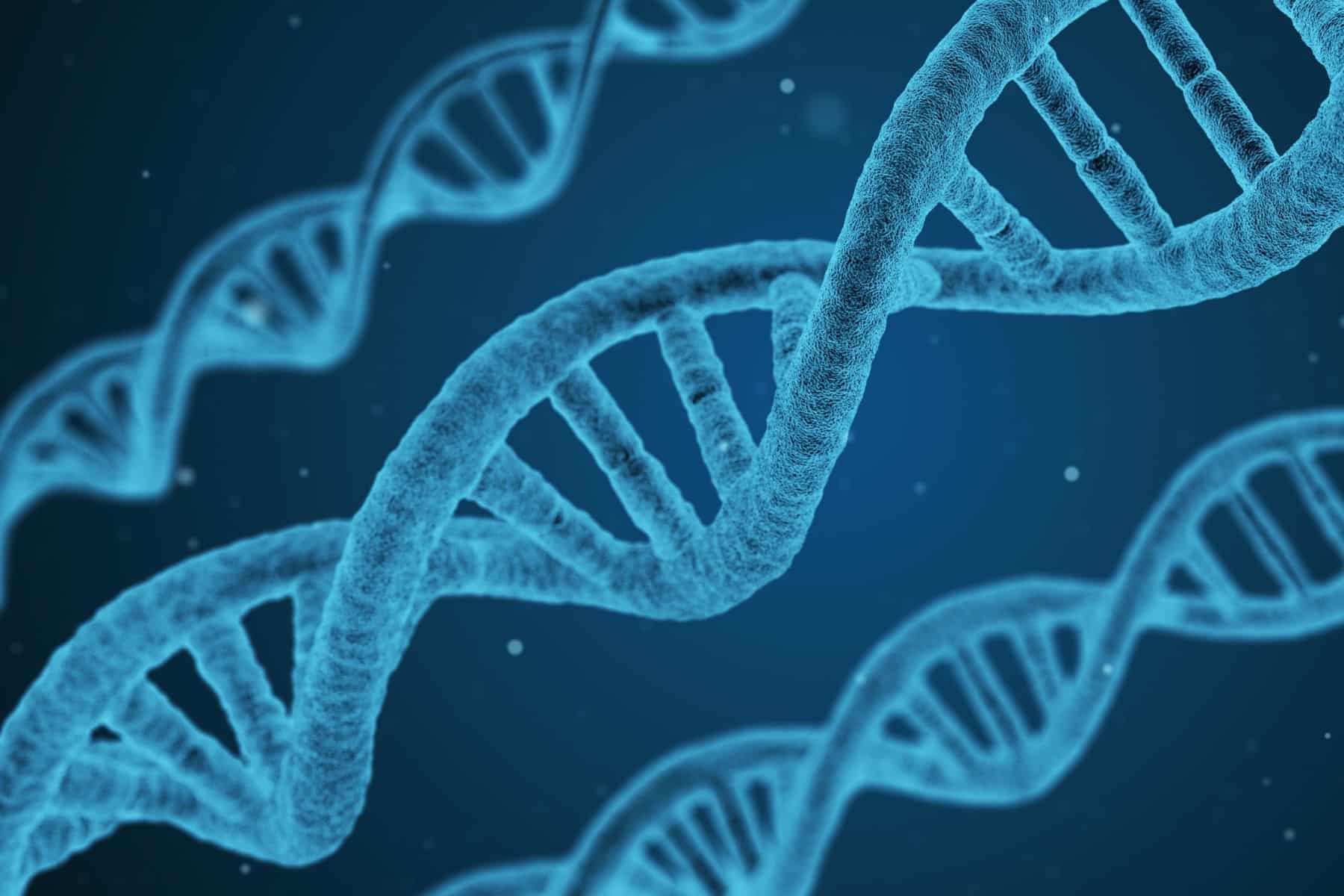
Bacterial Overgrowth
Propionibacterium acnes (P. acnes) is a bacterium naturally found on the skin. In acne-prone individuals, the overproduction of sebum creates an ideal environment for these bacteria to proliferate within clogged pores. This leads to inflammation, causing pimples, cysts, and other types of acne.
Key Point: Bacterial growth within blocked pores leads to inflammation and aggravates acne.
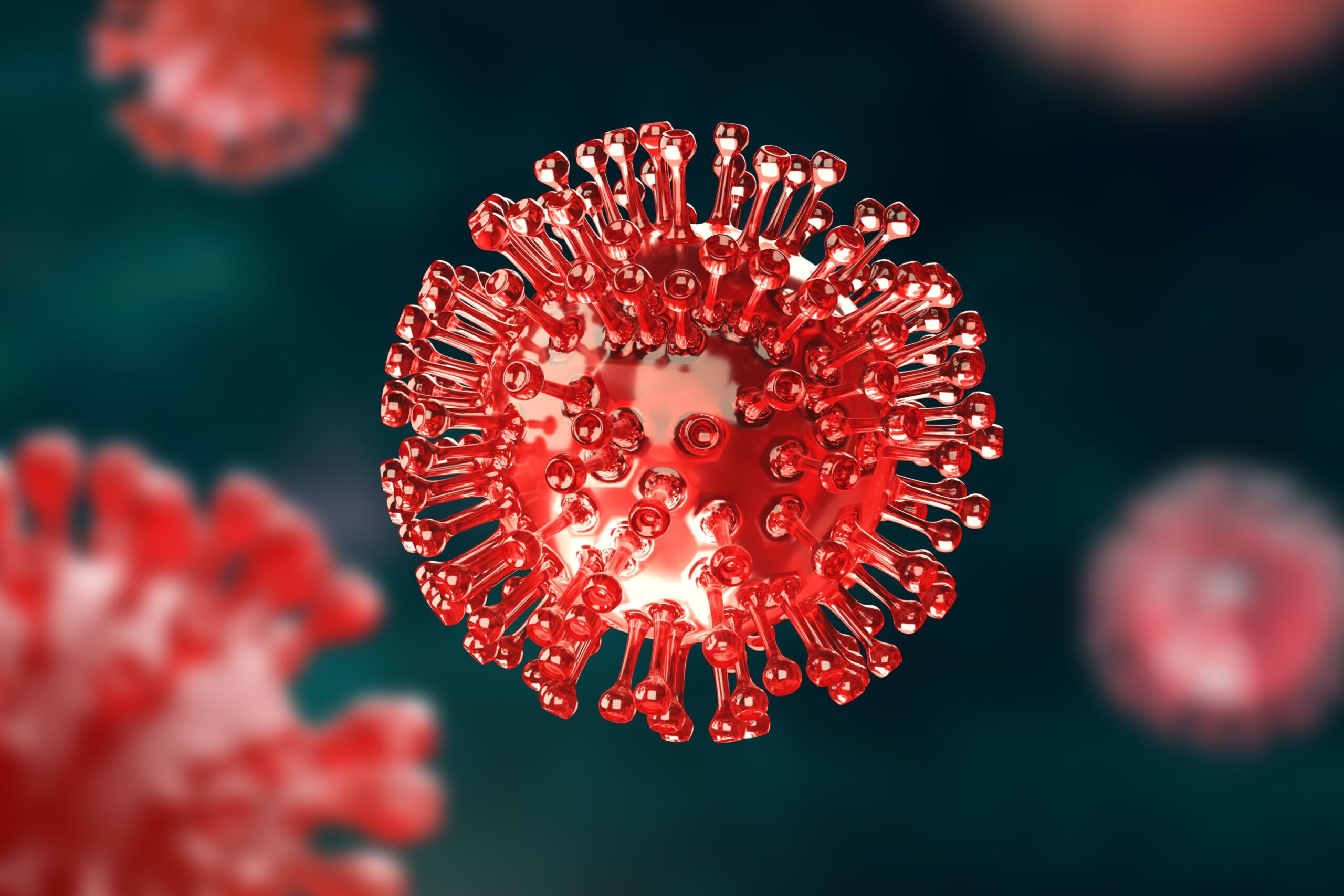
Environmental Factors
Environmental pollutants such as dust, smoke, and allergens can contribute to clogged pores. Humidity and sweat can also lead to increased oil production, which, when mixed with dead skin cells, can block pores and lead to acne. Additionally, frequently touching the face introduces dirt and bacteria, worsening the condition.
Key Point: Pollution and environmental irritants can worsen acne by introducing impurities into the skin.

Diet and Lifestyle Choices
While diet doesn’t directly cause acne, certain foods can contribute to its severity. High-glycemic foods—such as white bread, sugary snacks, and drinks—can trigger an insulin response that leads to increased oil production. Similarly, dairy products have been linked to acne in some individuals, likely due to hormones present in milk.
Additionally, habits like smoking and excessive alcohol consumption can dehydrate the skin, making it more prone to irritation and acne flare-ups.

Key Point: Certain foods and lifestyle habits, such as smoking and poor diet, can exacerbate acne. If you’re curious about what’s fact and what’s fiction when it comes to diet and skin, click here to read our blog on acne myths and misconceptions.
Proactive Measures
Acne is often manageable with the right proactive measures, and these start with proper skincare, lifestyle changes, and targeted treatments. Here’s what you can do to prevent acne from taking over your skin:
Healthy Diet and Hydration
While no single food causes acne, a healthy, balanced diet can make a noticeable difference in your skin’s appearance. Try to incorporate foods rich in antioxidants, such as berries, leafy greens, and fatty fish, which support skin health. Avoid sugary, processed foods that cause blood sugar spikes, which can worsen acne.
Hydration is equally important. Drinking plenty of water helps to flush out toxins and maintain healthy skin function. Aim for at least 2 litres of water per day.
Key Point: A balanced diet with nutrient-rich foods and proper hydration supports clearer skin.

Stress Management
Stress is a significant factor that can exacerbate acne. When we’re stressed, the body produces more cortisol, which triggers increased oil production in the skin. Finding ways to manage stress, whether through physical exercise, yoga, or mindfulness techniques, can have a direct impact on your skin’s health. Aim for at least 30 minutes of moderate exercise a few times a week to help balance hormones and reduce stress.
Key Point: Stress increases oil production, contributing to acne flare-ups.
Click here to learn more about managing stress for acne.

Establish a Consistent Skincare Routine
A well-maintained skincare routine is crucial for managing acne. Start with a gentle, non-comedogenic cleanser that removes excess oil and impurities without stripping the skin of its natural moisture. Follow up with a toner that helps balance your skin’s pH, and apply targeted treatments like serums with active ingredients such as salicylic acid or benzoyl peroxide.
Do Not Skip Moisturising – Contrary to common belief, even oily skin needs moisturisation. Opt for an oil-free or non-comedogenic moisturiser to maintain hydration without clogging pores.
Key Point: Consistency is key – Follow a gentle skincare routine that balances oil production without over-drying your skin.
Click here to learn more about what ingredients matter most in acne products.
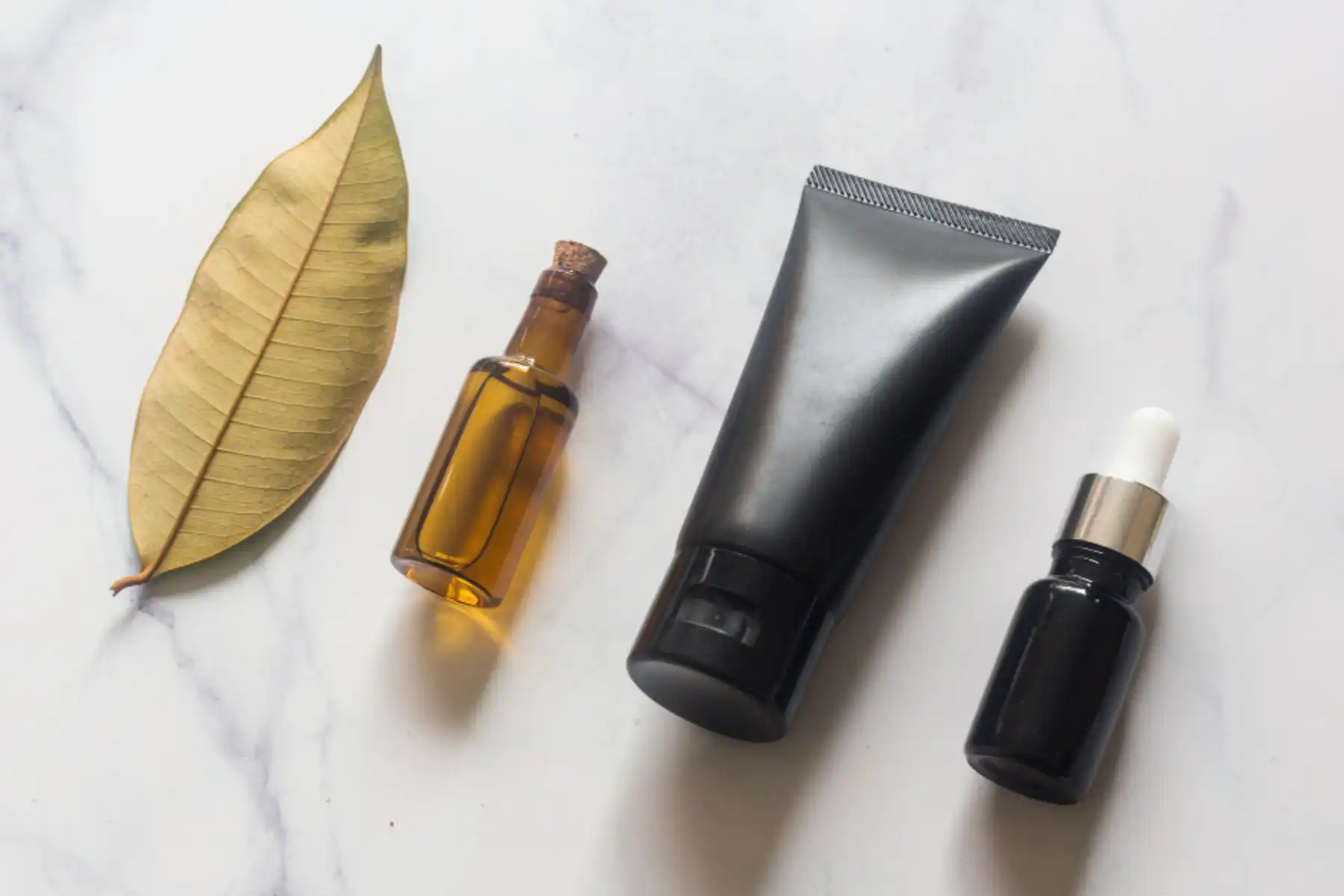
Avoid Over-Exfoliating
Exfoliation can help remove dead skin cells and prevent clogged pores. However, over-exfoliating can lead to irritation, sensitivity, and a disruption of the skin’s natural barrier, worsening acne. Stick to exfoliating 1–2 times a week with a gentle exfoliant and choose products with ingredients like AHA (alpha-hydroxy acid) or BHA (beta-hydroxy acid) for acne-prone skin.
Key Point: Exfoliate gently and avoid over-exfoliating to prevent skin irritation.

How Freyja Medical Can Help With Acne
At Freyja Medical, we take a personalised approach to treating acne. Whether you’re dealing with mild breakouts or more severe, persistent acne, we offer a range of treatments tailored to your unique needs.
Personalised Skincare Consultations
Our skincare consultations involve an in-depth assessment of your skin type, lifestyle, and acne triggers. Based on this information, our experts will recommend a skincare plan designed to address your acne and improve overall skin health.
Click here to learn more about our recommended acne products here at Freyja Medical.
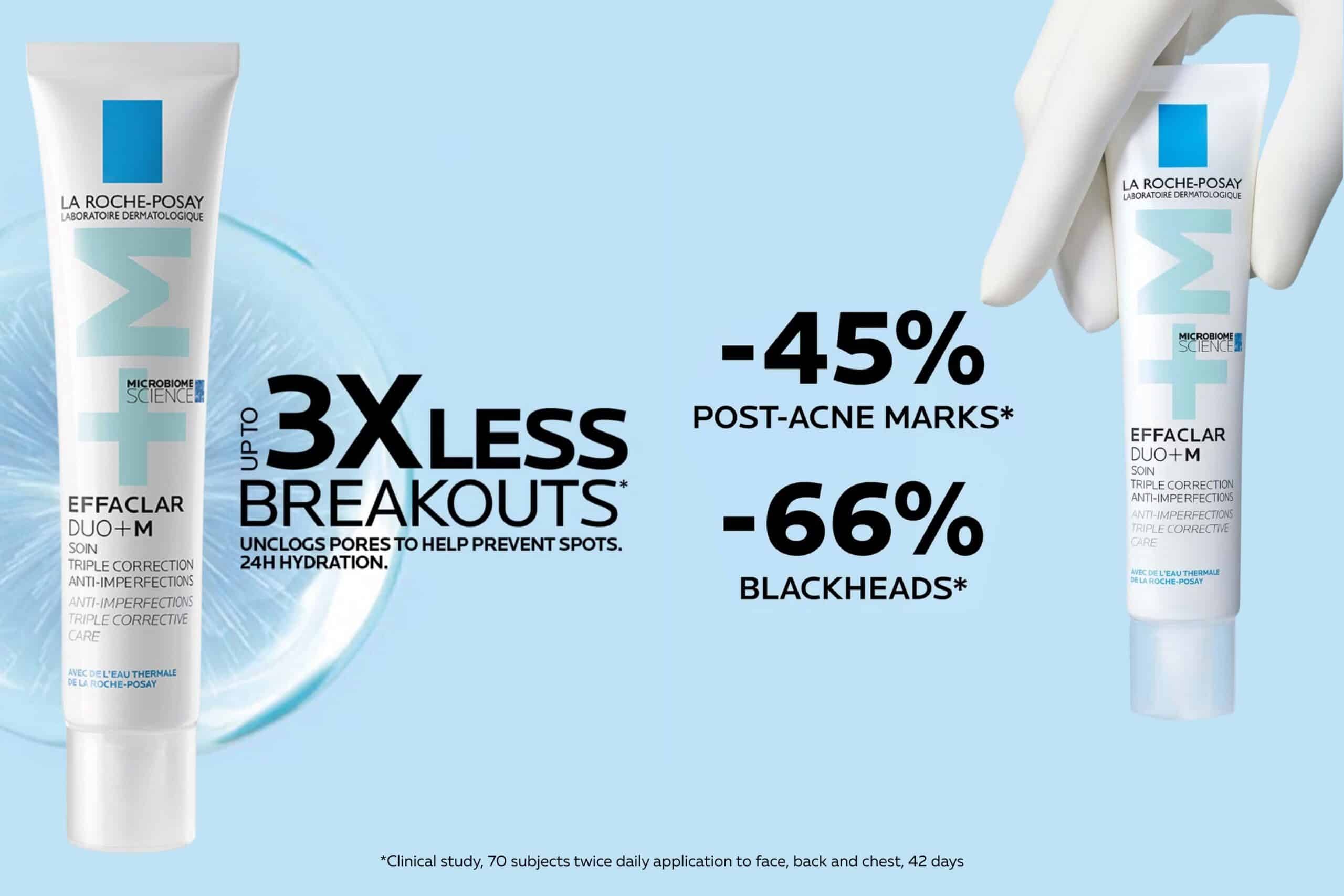
Advanced Acne Treatments
For those who need extra support, we offer advanced treatments like:
- HydraFacial: A deep-cleansing facial that hydrates and exfoliates while targeting acne and congestion.
- Skin Peels: These treatments help to exfoliate the skin and promote new skin growth, reducing acne scars and improving overall texture.
- LED Light Therapy: A gentle treatment that uses specific wavelengths of light to reduce inflammation, kill acne-causing bacteria, and promote healing.
Click here to learn more about our acne treatment packages.
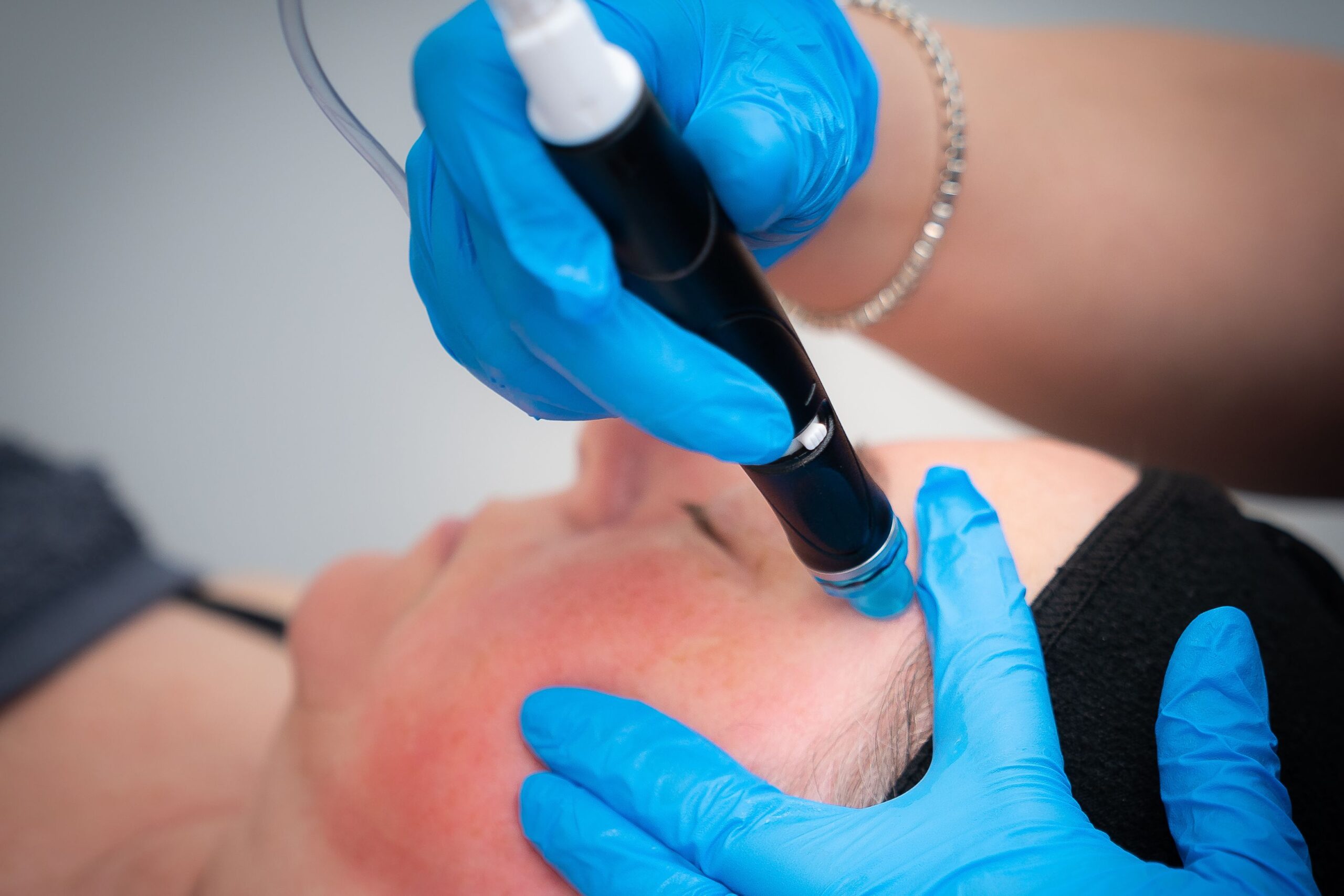
Prescription Treatments
For more severe cases of acne, our expert dermatologists can prescribe topical or oral medications tailored to your specific needs. These may include antibiotics, retinoids, oral contraceptives (for acne caused by hormonal fluctuations), or isotretinoin.
Click here to learn more about over-the-counter vs prescription products.
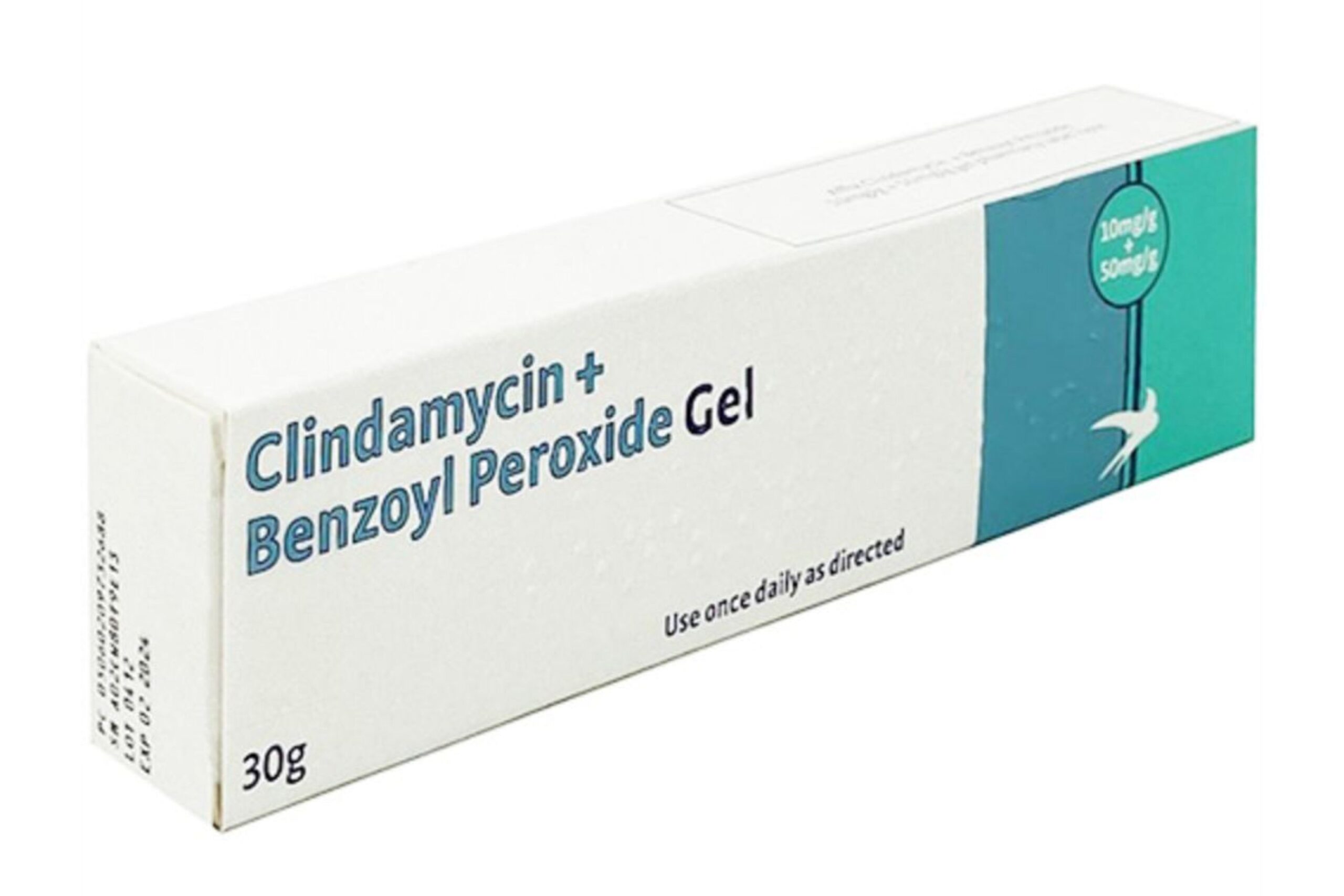
Acne Scar Management
In addition to treating active acne, we also offer solutions for acne scars, including skin peels and microneedling, which can help reduce scar visibility, hyperpigmentation and improve skin texture.
Click here to learn more about the different types of acne scarring and the treatments available.
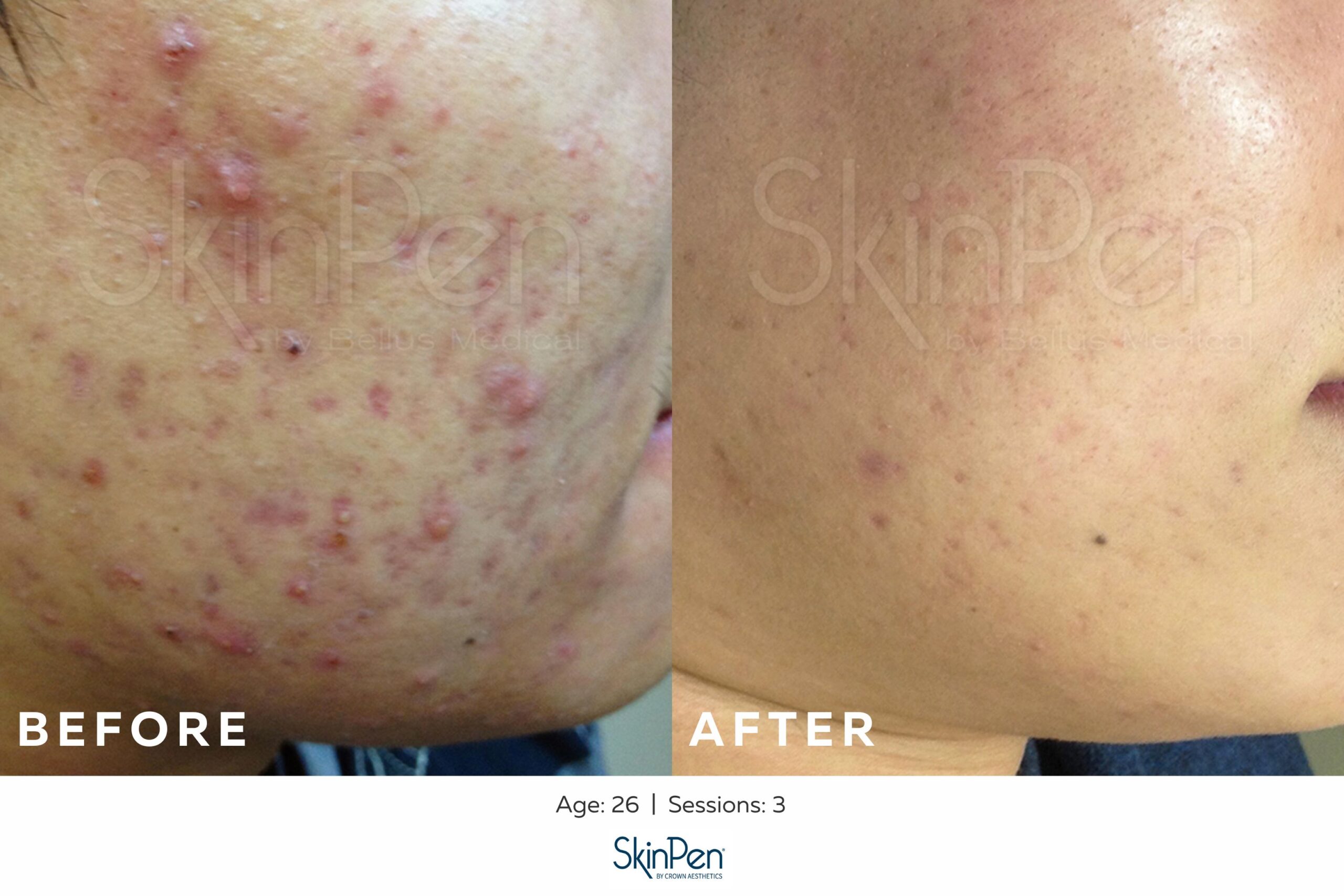
How to Book a Consultation
If you’re struggling with acne, Freyja Medical is here to help. Our team of experts can guide you through every step of your acne journey, from skincare consultations to advanced treatments and prescription medications.
- For mild acne: A skincare consultation can help develop a personalised routine.
- For severe or persistent acne: A dermatology consultation is recommended for a tailored treatment plan.
You can book your consultation online by clicking here or by contacting us directly:
☎️ 01978 799688
